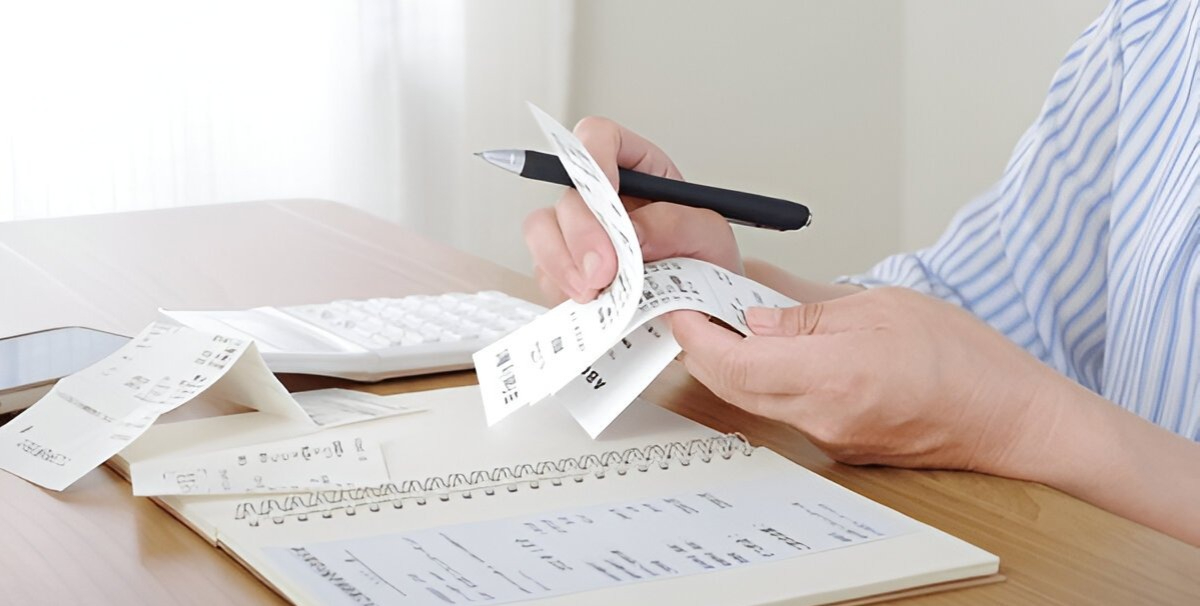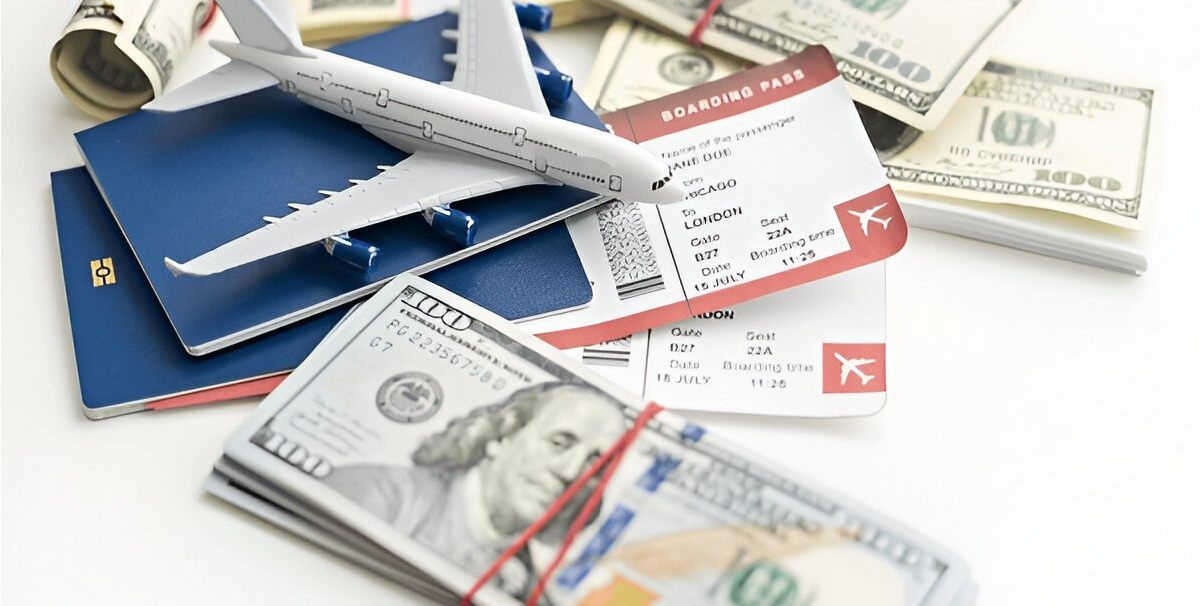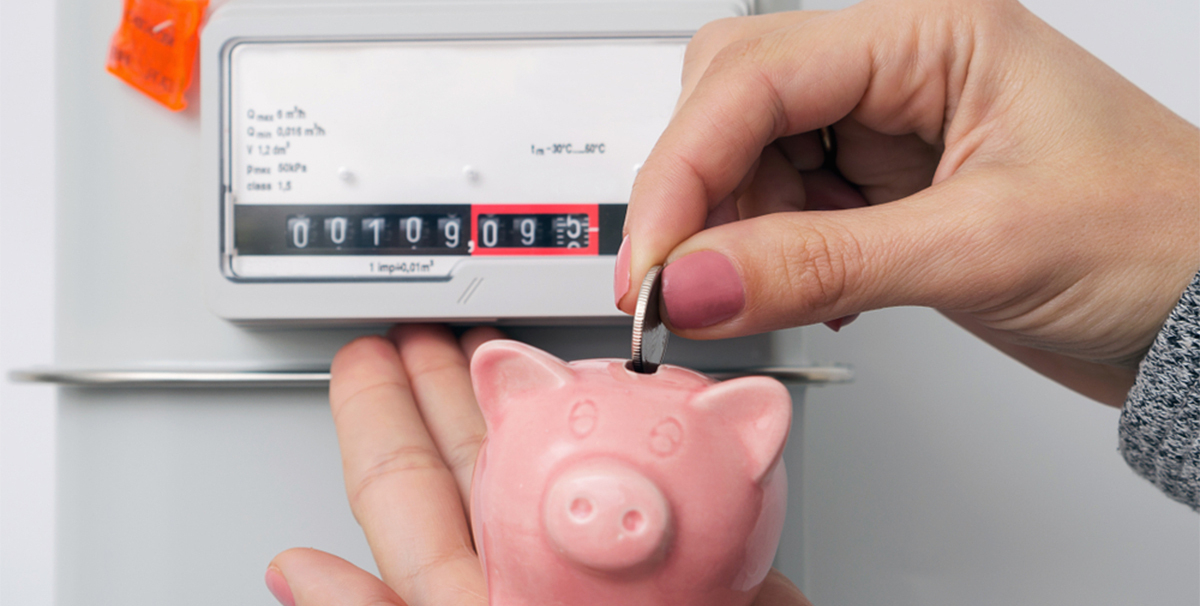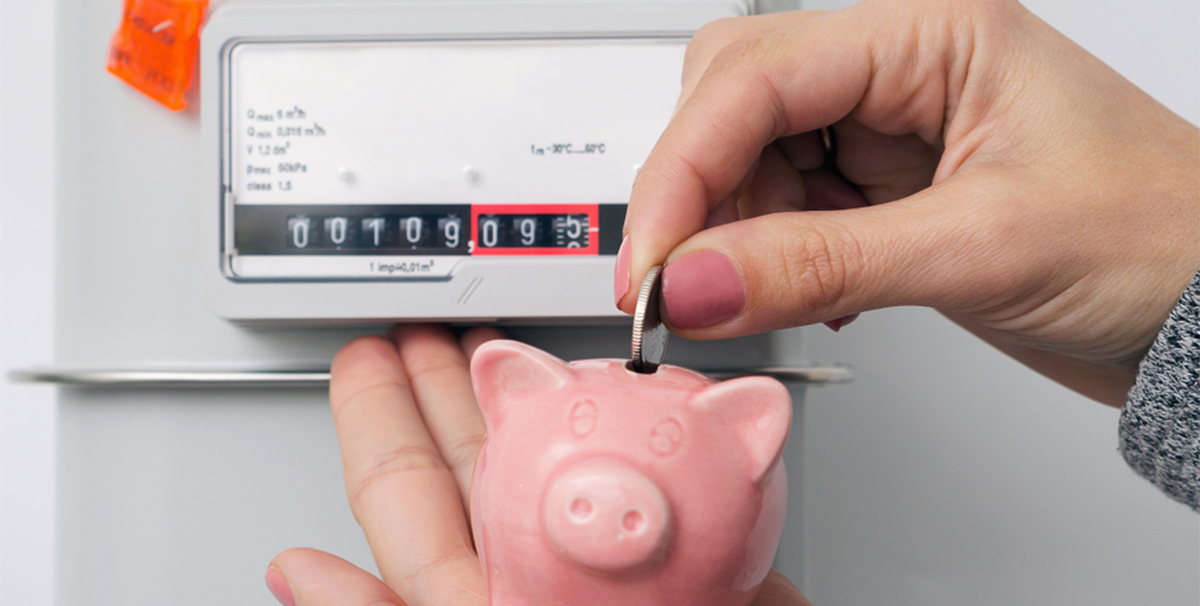How to Manage Expenses and Save Money Mindfully


Money is kind of weird. One minute it’s there, sitting happily in your account, and the next thing you know, you’ve “accidentally” spent half of it on coffee, snacks, and something you found at 1 AM on Amazon that looked like a great idea at the time.
We’ve all been there. You don’t have to be reckless to feel like your expenses are slowly swallowing your savings. Sometimes, you’re doing all the “right things,” and still, money feels like sand slipping through your fingers.
So what if we could get a grip on that without making life miserable? What if we could manage expenses and save money without canceling every fun thing? That’s what this blog is about! A mindful, honest approach to managing expenses and saving money without punishing yourself.
Expenses are basically everything your money goes into. Some of them are obvious, like rent, food, and bills. Others are sneaky, like subscriptions you forgot about, those “just one thing” purchases, and delivery fees you pretend don’t count.
Now, managing expenses doesn’t mean cutting out every joy in your life. It just means knowing where your money is going, so it stops disappearing without your permission. Because when you don’t know where your money is going, you’re not spending, you’re just leaking. And no one likes a leaky wallet.
Here’s a walk-through that feels more like building a routine than solving a math problem.
Before you make a plan, just pause and look. Print out your last month’s bank statement (yes, paper), or open your app and scroll through everything you’ve spent.
Group expenses into basic categories:
Essentials (rent, groceries, bills)
Non-essentials (eating out, clothes, random Target trips)
Subscriptions and recurring stuff
One-time splurges
Saving isn’t just putting money in a jar and forgetting about it. Ask yourself:
What am I saving for?
How much peace of mind would an emergency fund bring?
Would I feel better with a travel fund? A buffer month of expenses?
When saving has a purpose, it stops feeling like a sacrifice.
Don’t overthink this. You’re not running a corporation. Take your monthly income, subtract your fixed bills, and then look at what’s left. Split the rest into categories: groceries, fun, and random stuff. Give each section a limit, and keep it realistic. If you’ve never spent less than $200 on takeout, don’t suddenly make it $20 and expect to thrive.
Some people love spreadsheets. Others want a pretty app with charts. And some of us prefer a notebook and a good pen. However, some geniuses can use their imagination skills to create an invisible list in their brain. Whatever works, go with it. The goal is to see your spending as it happens. It’s like checking your step count; awareness alone changes your behavior. I personally keep a “What I Spent Today” note in my phone. Super basic and effective.
Set up auto-transfers for savings the day after payday. Even $20 is a win. If the money leaves before you even see it, it stops tempting you. Same with bills. Auto-pay is a lifesaver for your credit score, your peace of mind, and your memory.
Here are some little tricks about how to manage a budget and save money without turning into a financial monk.
1. Unsubscribe from the Noise
If your inbox is full of “SALE NOW” emails, you’re being baited. Unsubscribe. Clean your digital space the way you’d clean your kitchen. Out of sight, out of cart.
2. Have a 48-Hour Rule for Impulse Buys
You can want it. Just don’t buy it right now. Save the link. If you still care in 2 days, maybe it’s worth it.
3. Do a “Low Spend” Weekend
Pick one weekend a month to challenge yourself: no online shopping, no eating out, no random spending. Make it a game. Get creative. Cook from your pantry, use up what you already have, and borrow instead of buying.
4. Make Grocery Lists Like a Mission
Plan your meals, write a list, and stick to it like it’s a secret code. Also, never shop hungry. That’s how you end up with three types of chips and no actual dinner.
5. Cashback, coupons, and rewards optimization
Try simple hacks to save some money. Like, looking for coupons when buying things online, getting rewards points while doing grocery shopping, or preferring homemade food over takeout.
This is where things start to shift. Some people grew up seeing money as stressful. Some were never taught how to use it. Others use spending as self-care or a way to escape.
Wherever you’re starting from, it’s okay. Try this:
Name your money emotions. Stress? Guilt? Fear? Excitement?
Talk about money like it’s normal. With friends, partners, or even with yourself.
Money habits don’t change overnight. But every time you make a mindful choice, you’re rewiring the way you treat your finances.
Even the best plan runs into bumps. Here's how to handle them without spiraling.
1. You Overspent. Again.
Cool. It happens. Look at what triggered it. Were you bored? Sad? Celebrating? Just tired? Understand the cause to eliminate it.
2. You Got Hit With an Unexpected Expense
Car repairs. Medical bills. Family drama. These hit hard. That’s why building an emergency fund matters, but if you’re not there yet, just focus on damage control. Pause other spending. Make a mini repayment plan.
3. You’re Bored of Saving
Try reframing it. Saving is more about buying freedom. The freedom to quit a job, travel, help someone, or just sleep better.
Staying consistent is harder than starting. Here's what to do:
Do Monthly Money Check-ins
Pick a day. Last Friday of the month, maybe. Sit with your budget, see how you did, and adjust for the next month.
Track Progress Visually
Graphs. Savings jars. Progress bars. You don’t have to be a visual person to enjoy watching your numbers grow. It’s satisfying and motivating.
Reward Yourself (Within Reason)
Hit a savings goal? Celebrate it. Not with a $300 shopping spree, but maybe with your favorite meal, a chill day off, or something small that brings joy.
So you made it this far, and that means something. You’re not just curious about money. You actually care about doing better. Not perfectly. Not overnight. But better. And that’s the point. Managing expenses and saving money mindfully isn’t about turning your life upside down. It’s about becoming a little more aware, a little more intentional, and a lot more confident. Start where you are. Track one thing. Save a little. Change one habit. Then another. That’s where it all begins.

Hey, I’m a writer, money-saver, and fan of all things budget-friendly. I’m here to make saving money feel less like a chore and more like a lifestyle that actually works. I share practical tips, smart tricks, helpful coupons, and real-life hacks to help you spend smarter, stress less, and still enjoy the little things.









































